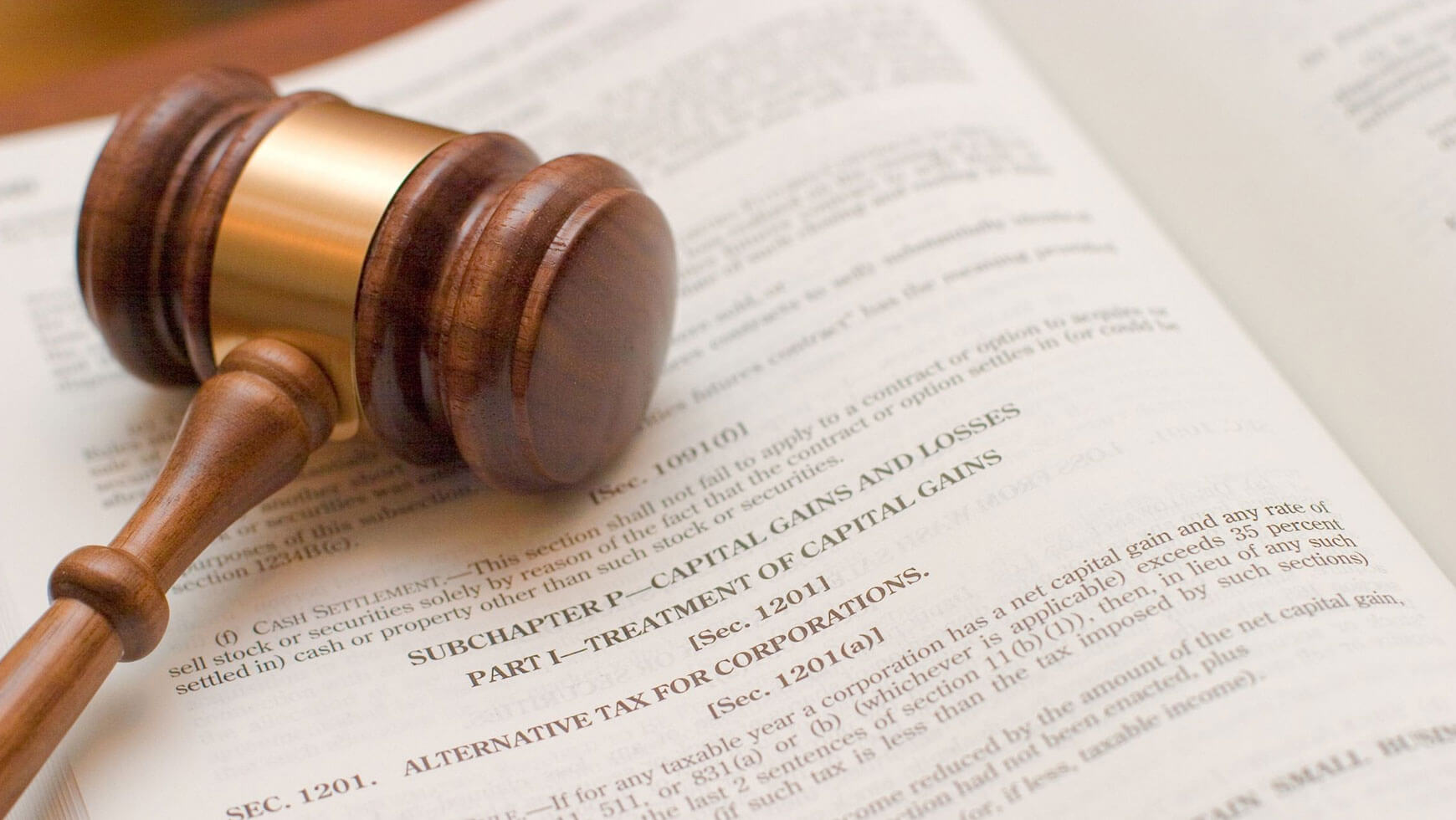Aviation Fuel Supply v CIR: Capital Receipts & Gains Dispute
The charging provision of profits in Hong Kong, detailed in article 14 of the Inland Revenue Ordinance (IRO), might be considered as simple by ‘outsiders,’ it is far from straightforward, as the charging provision can be open to many different interpretations. As a result, even the most straightforward cases regarding capital receipts and gains can prove complex, and interpretation is often left to the tax advisers or lawyers and the Courts.
Compensation of a Business: an income or of capital nature?
Aviation Fuel Supply Company v CIR (HCIA 6/2009) was such case, and one of the discussions therein was whether the ‘compensation for surrender of business’ was of an income or a capital nature. This distinction of treatment is important, as according to article 14 of the IRO, profits arising from the sale of capital assets are excluded from the charging section (NB: there is no explicit authority that all receipts of a capital nature are exempt, although in practice the Inland Revenue seems to extend the capital assets sale exemption to a range of other receipts of a capital nature).
The facts of this case are quite comprehensive but can be simplified as follows: The Aviation Fuel Supply Company (‘AFSC’) concluded a Franchise Agreement with the Airport Authority in the late nineties. Pursuant to this Franchise Agreement, the AFSC financed, designed, constructed and commissioned a fuel service facility (‘Facility’).
In addition, there was a Lease Agreement between the AFSC and the Airport Authority regarding the area on which the Facility was built and an Operating Agreement between AFSC’s nominee and the Airport Authority regarding the operational responsibility for the Facility.
On the 23rd of October 2002, the Airport Authority notified the AFSC of its election under the Franchise Agreement to ‘accelerate AFCS’s recovery of the Facility costs’ and as a result of that, the Lease Agreement was terminated, the Operating Agreement continued and the AFCS received an amount of US$ 456,929,590. The IRO argued that this amount had to be considered as chargeable income under article 14 of the IRO (or alternatively as deemed income under article 15A of the IRO).
The AFCS argued thereinafter that the amount was of a capital nature and therefore exempt under 14 of the IRO (or alternatively that an exemption under 15A paragraph three could be claimed), as they were of the opinion that they were running the facility themselves.
The case was appealed by the CIR / AFCS to the Court of First Instance (“CFI”), the Court of Appeal (“CA”) and finally to the Court of Final Appeal (“CFA”). Summarised below are the issues and the courts’ decisions.
Court of First Instance on Capital Receipts
AFSC appealed against the CIR’s determination on whether the sum upon termination of the Franchise Agreement is subject to Profits Tax. The CFI on 8 July 2011 ruled in favour of AFSC concluding the sum was capital in nature; the sum was not received for the transfer of a right to receive income which would be deemed as taxable under section 15A of the IRO; and the sum was not received from AFSC’s business (but was payment made in order to bring about a termination of AFSC’s business).
Court of Appeal Clarification
The CIR appealed the case to the CA. However, in addition to the issue on whether the sum received by AFSC upon termination of the Franchise Agreement is subject to profits tax, the CIR also raised the issue alleging that if the sum is considered as capital nature, a balancing charge should be taken into account to claw back the depreciation allowances that AFSC had claimed in all the previous years. It should however be noted that the CIR only amended their notice of appeal a few weeks before the hearing in the CA.
The CA upheld the CFI’s decision that the sum was capital nature and thus not chargeable to profits tax. In addition, the CA also exercised its discretionary power to allow the additional issue put forward by the CIR, albeit at a very late stage, to be considered before the CA.
Despite that, the CA ruled that a balancing charge did not need to be considered as the relevant assets was passed by AFSC to the Airport Authority by way of succession of business pursuant to Sections 39B(7) and 39D(3) of the IRO under which, the relevant plant and machinery pass from a predecessor to a successor of the business without a sale. If so, such pass of assets by succession should not be subject to balancing charge adjustment.
Court of Final Appeal Overturning
Subsequent to CA’s ruling, the CIR lodged an appeal to the CFA but only on the issue on the balancing charge. The CFA delivered its ruling on 15 December 2014. Whilst the CFA considered that the CA has the discretionary power to consider the issue of balancing charge, it was not fair for the CA to do so. It is because this issue was only raised by the CIR after six years of the relevant years of assessment, which is the statutory time limit imposed under the IRO to issue any additional assessment.
The main purpose of the time limitation is to protect taxpayers from needing to investigate transactions that took place more than 6 years ago. The raising of the balancing charge issue would require AFSC to look into the transactions that happened more than 6 years ago and investigate how the Sum was attributable to the relevant assets that subject to the claw back of depreciation allowance. This would defeat the purpose of the 6-year limitation and cause unfairness to AFSC.
Court Case Takeaway for Capital Receipts and Gains
Whilst it is well established that capital gain is not taxable in Hong Kong, the IRO does not provide guidance on what constitutes a capital receipt. As such, the Case provides useful reference on the determination of a capital receipt, taxability of a termination payment and the application of the Section 15A of the IRO (i.e. the taxability of receipt arising from transfer of right to receive income).
In addition, the CFA’s decision on refusing the CIR’s request to put forward a new issue after the lapse of the 6-year limitation period is welcomed by taxpayers and tax practitioners. This seems to suggest that when the IRD exercises its discretionary power given to it under the IRO, it is also necessary for the IRD to consider whether it will cause any unfairness to taxpayers.
Having said that, it can be expected that the IRD will incline to issue alternative tax assessments to protect its right under the restriction of the 6-year limitation going forward. For instance, in this case, the IRD would issue an alternative assessment treating the receipt as capital nature and non-taxable but at the same time, taxing the balance charge by clawing back the depreciation allowances previously claimed in the first place.
All in all, the objection and appeal processes in the IRO are complex by their nature and thus professional advice should be sought. We at HKWJ Tax would be pleased to assist you. Should you have any questions/require our services, please feel free to contact us.






